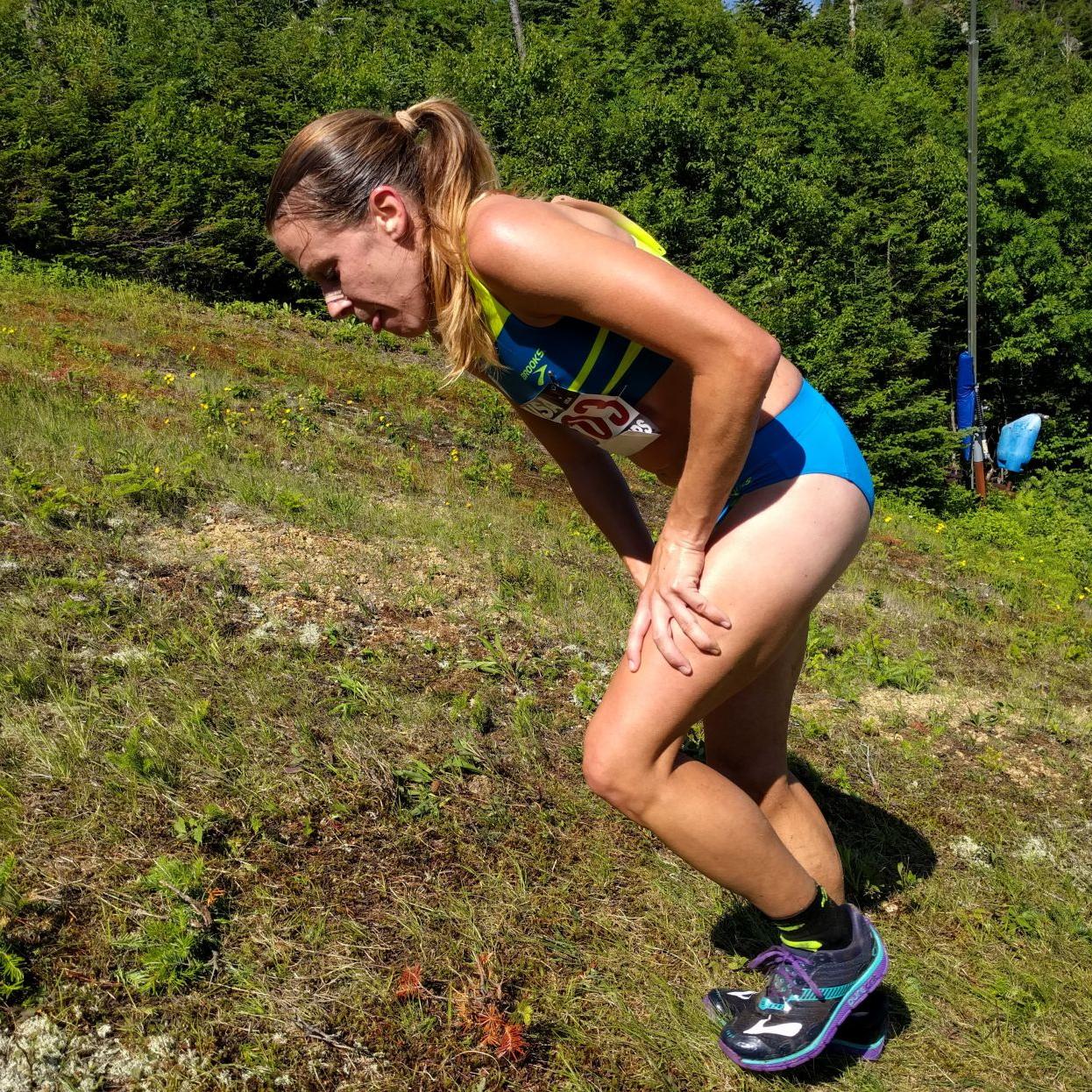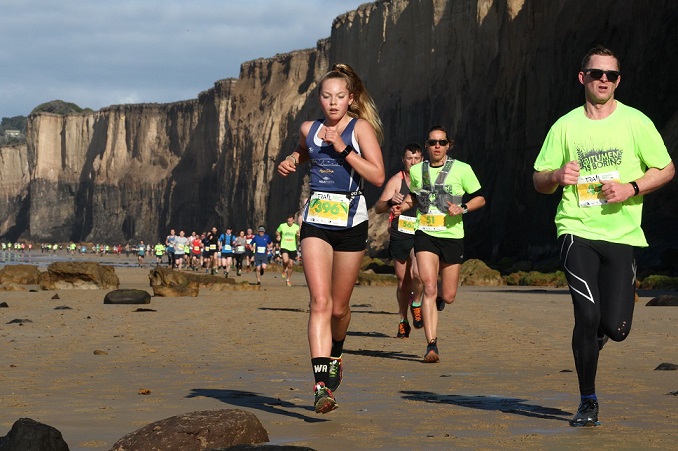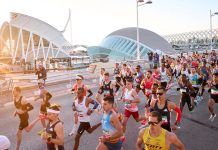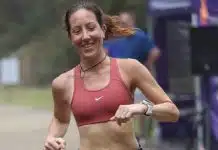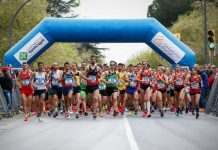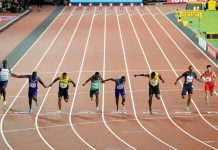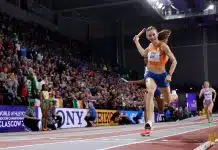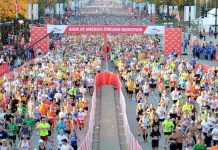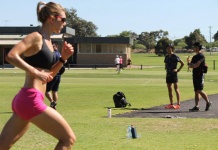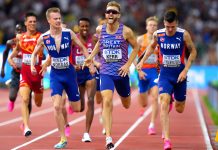Coming out as a member of the LGBT community is difficult. Societies and cultures around the world still point to members of this community and think they should not be allowed to do different things. And this only because they are not like the great majority of people, who are attracted by the opposite sex. Moreover, people who do not identify with their sex are also discriminated against and looked at with strange eyes.
The running community has been like this for centuries, and it still is. However, over the past couple of years, many runners came out as members of the LGBT community. It is not an easy thing to do, but it was the start and encouragement many others felt they wanted to do. Lifting that weight off their shoulders and focusing their attention on running and their wellbeing. So, what should you know about being LGBT in this sport?
There Are Inclusive Running Communities
One of the things that LGBT people are surely aware of is the fact that society has put a stigma on people that are gay, lesbian, or transgender. This is because some may think that LGBT people are “not normal”; because they do not follow the general rules or because there are some religious reasons involved. However, running is a nice activity everyone can engage in. It can be the passion many LGBT people adopt as a way of lifting the weight off their shoulders, to relax, to find themselves.
But many of them were long discriminated against and looked at weirdly. Thankfully, now that many runners such as Addie Bracy and Matt Llano came out, more and more communities of runners are being created. And the thing about these communities is that they are inclusive and non-discriminatory. They can turn out to be the oasis of tranquility many LGBT runners were looking after. Any college student, businessman, worker can join OUTrun, the initiative Addie Bracy and Corey Conner have founded.
Free-essay-examples and articles on LGBT Topics
If you want to study more about the different psychological mechanisms involved in the LGBT topic, there are many online resources you can read and consult. Getting an education on this topic and finding out more about why people react the way they do can make the process of coming out easier. Many LGBT people fear they will be rejected by their families and friends. But understanding why they do this can help you craft your message so that it reaches them. There are LGBT free-essay-examples you can read anytime. You can find 100% free LGBT essay examples to gain more information about this topic. Maybe finding out more will give you more power over the moment and will help you improve your wellbeing.
Coming Out Can Improve Your Running Performance
Knowing that you hide something so important to you from everyone can be stressful and overwhelming. This is because you always need to hide, your feelings and emotions. You do not express yourself freely because others do not know that you are gay, lesbian, or transgender. And this can turn out to be difficult to deal with and handle. It can seriously affect your running performance because you are not 100% there, at the moment. There is always this thing that bothers you, like a burden you have to carry every day.
But as Addie Bracy has acknowledged, after coming out as a member of LGBT, her running performance has considerably improved. She suddenly left her weight behind and ran freely, winning her first marathon. Even though it may not seem much to carry at times, it is something that is always there and just puts on more weight, making it heavier and heavier. The community of LGBT runners is out there, ready to support you in this tough and challenging process. And to give you the courage you need.
Final Words
The Earth is changing and so do the communities and societies that live here. Even though over the past years there has been a slow shift in people’s mindset regarding the LGBT community, there is still a long way to go. LGBT runners might feel discriminated against and not included in the community by some people. Coming out as a gay, lesbian, or transgender is also a challenging and difficult process, but many LGBT runners’ communities can support you and help you improve your wellbeing.
Bio lines: Michael Turner is a content writer. He collaborates with local magazines and newspapers for various articles. Michael’s favorite topics are psychology, sociology, and culture.


